Search
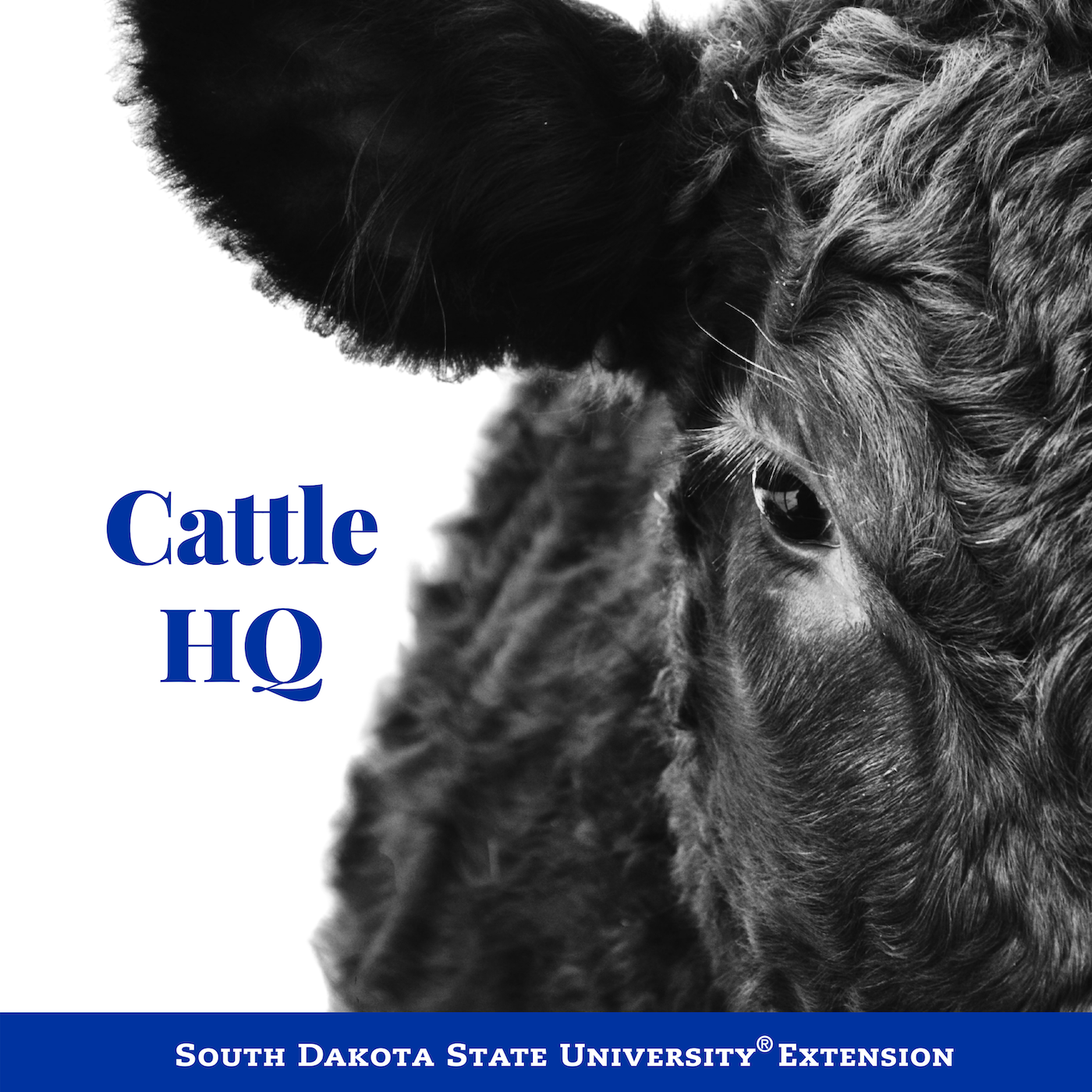
Unpacking BQA Training
In this episode of Cattle HQ, Madison Kovarna sits down with Addie Womack, a Livestock Production and Stewardship Field Specialist, from SDSU Extension. Addie also is South Dakota’s Beef Quality Assurance, BQA, coordinator.
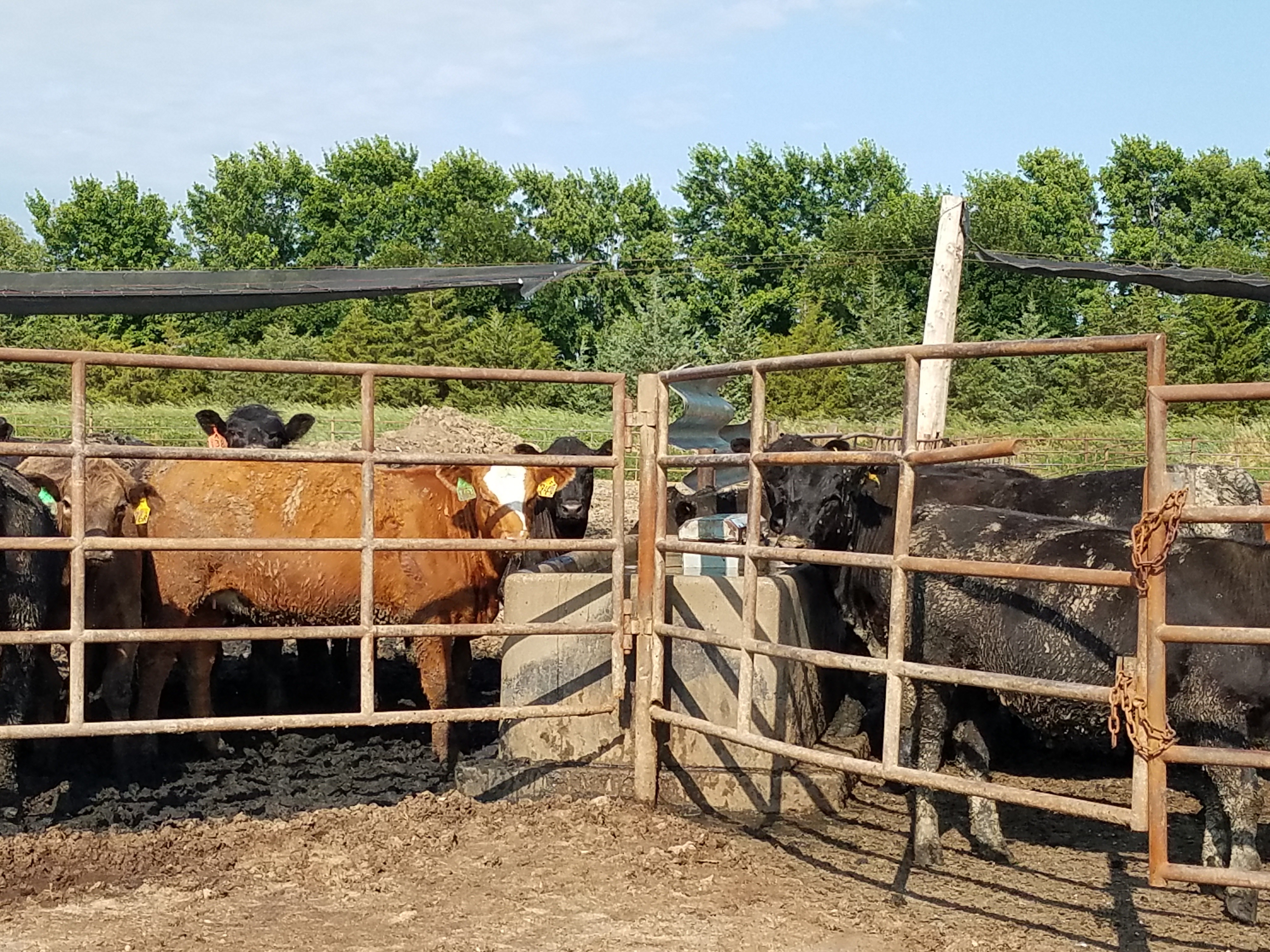
Adding Value to Corn Through Cattle
What is the “best” way to evaluate profitability of an enterprise, more specifically feeding cattle?
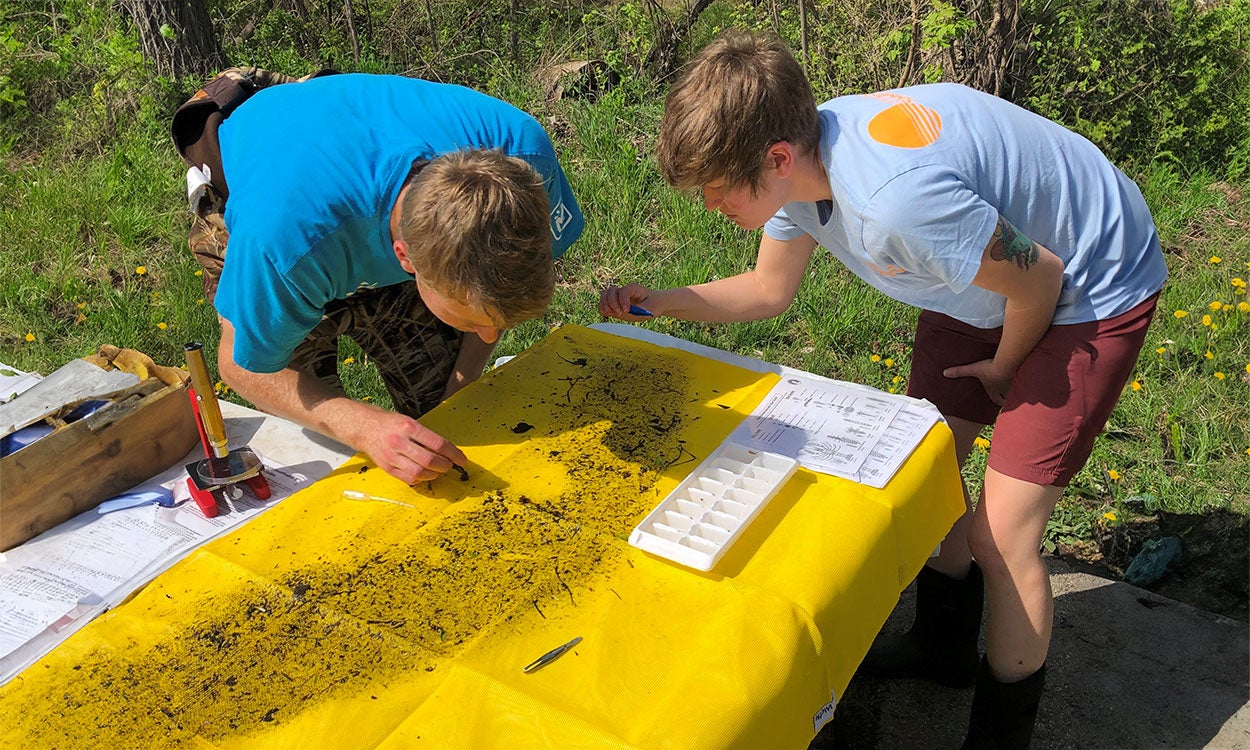
Aquatic Invertebrate Sampling: Teaching an old dog old tricks
Sampling aquatic macroinvertebrates is an important aspect of assessing surface water quality. Their presence, absence, and abundance give us an indication of the condition of the waterbody.
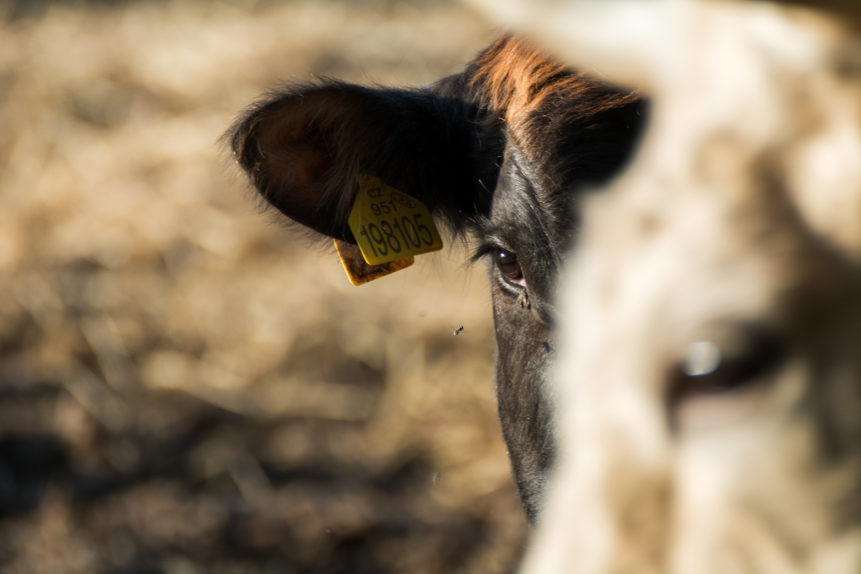
Testing Your Beef Cattle for Bovine Viral Diarrhea Virus
Bovine Viral Diarrhea Virus (BVDV) is among the most important pathogens affecting today’s beef and dairy cattle operations. Associated with reproductive, digestive, and respiratory illnesses in cattle, the virus can also create a congenital, persistent infection in calves, greatly aiding the virus’ spread within and between herds.
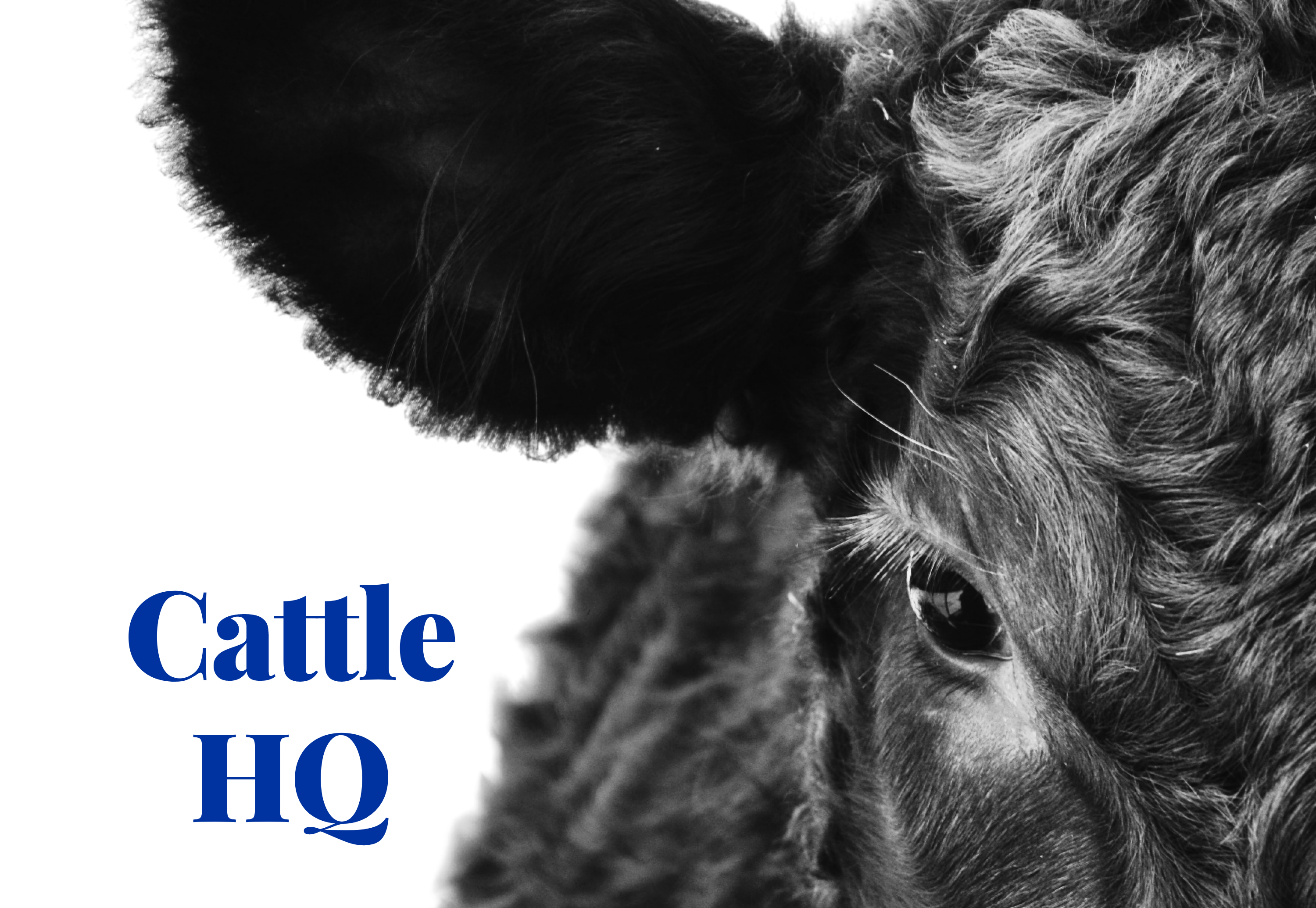
Utilizing Embryo Transfer or Artificial Insemination in Your Operation
In this episode of Cattle HQ, join Kiernan Brandt and Olivia Amundson, SDSU Extension Cow/Calf Field Specialists as they sit down to talk with Dr. Jessica Drum about comparing embryo transfer with artificial insemination.
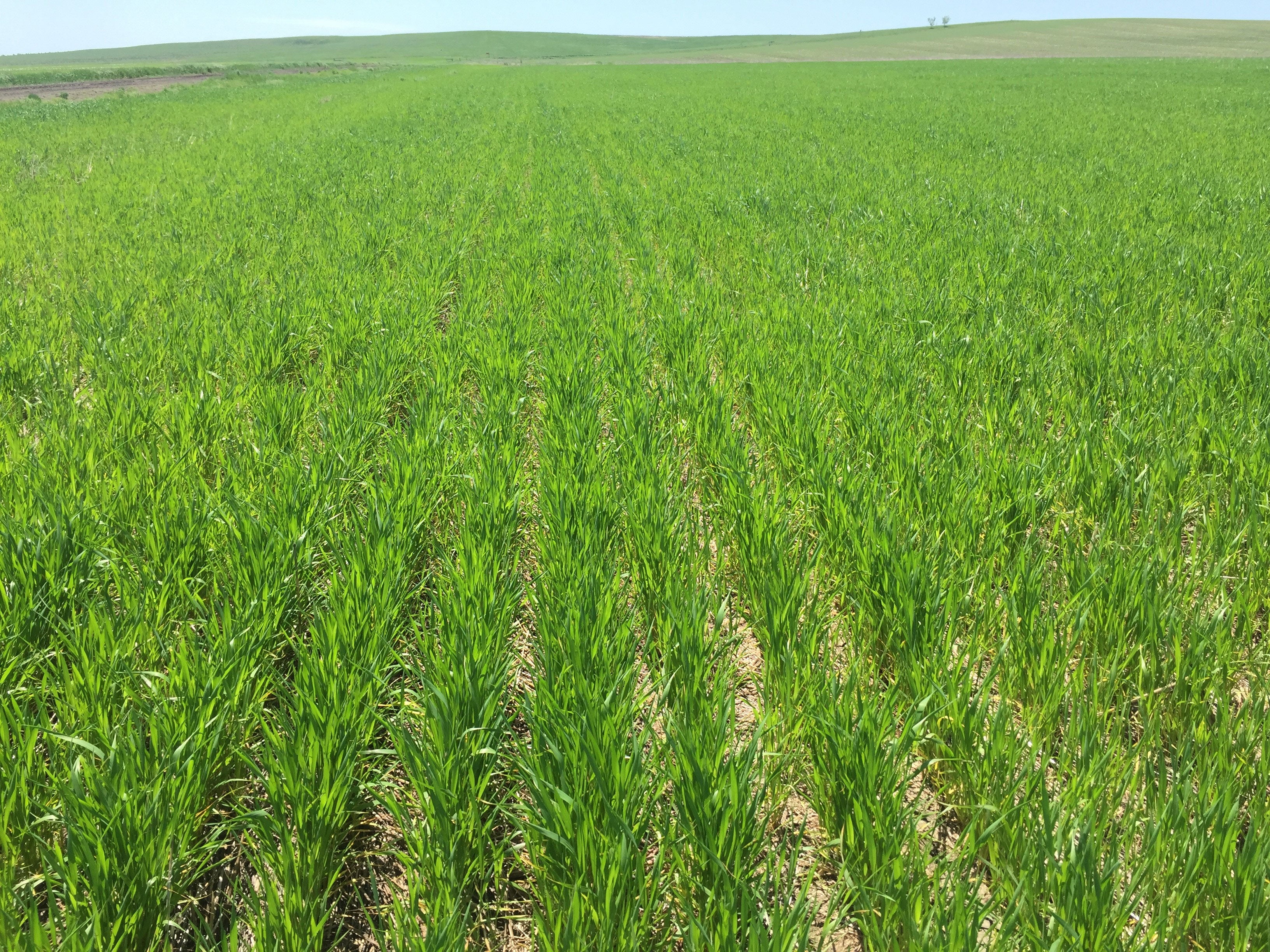
Planning for Quality in Wheat
Excess moisture and limited field days have made it difficult for producers to add nitrogen to wheat fields this year. This could be a concern, as nitrogen contributes to both yield and protein. This year, it may pay off to take tissue and soil tests from questionable wheat fields to help with nitrogen application decisions.
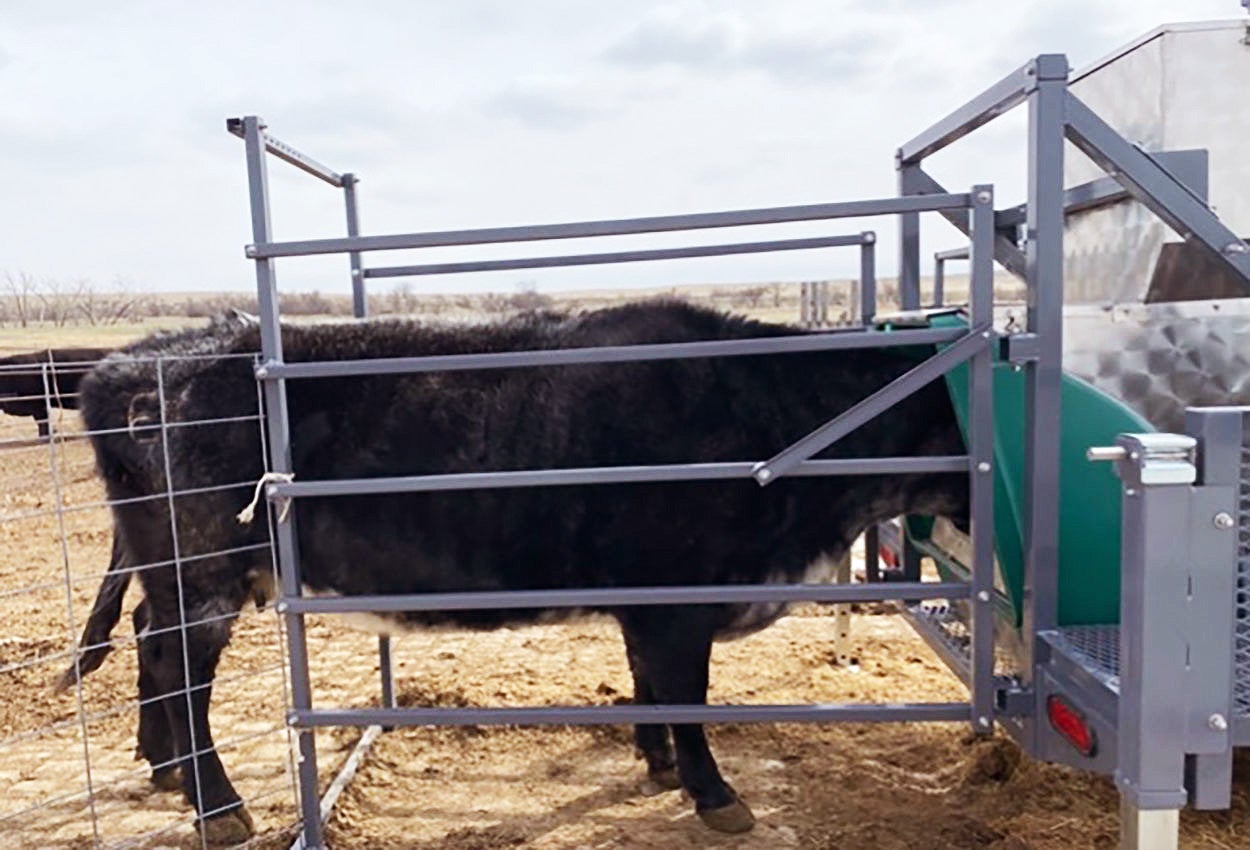
Range Roundup: Precision Technology to Measure Cattle Methane Emissions and Intake on Western S.D. Rangelands
In a recent research project, our precision livestock team deployed technology to measure individual cattle methane emissions and feed intake by disappearance. Learn how this data can be used to help improve day-to-day management decisions on the ranch.
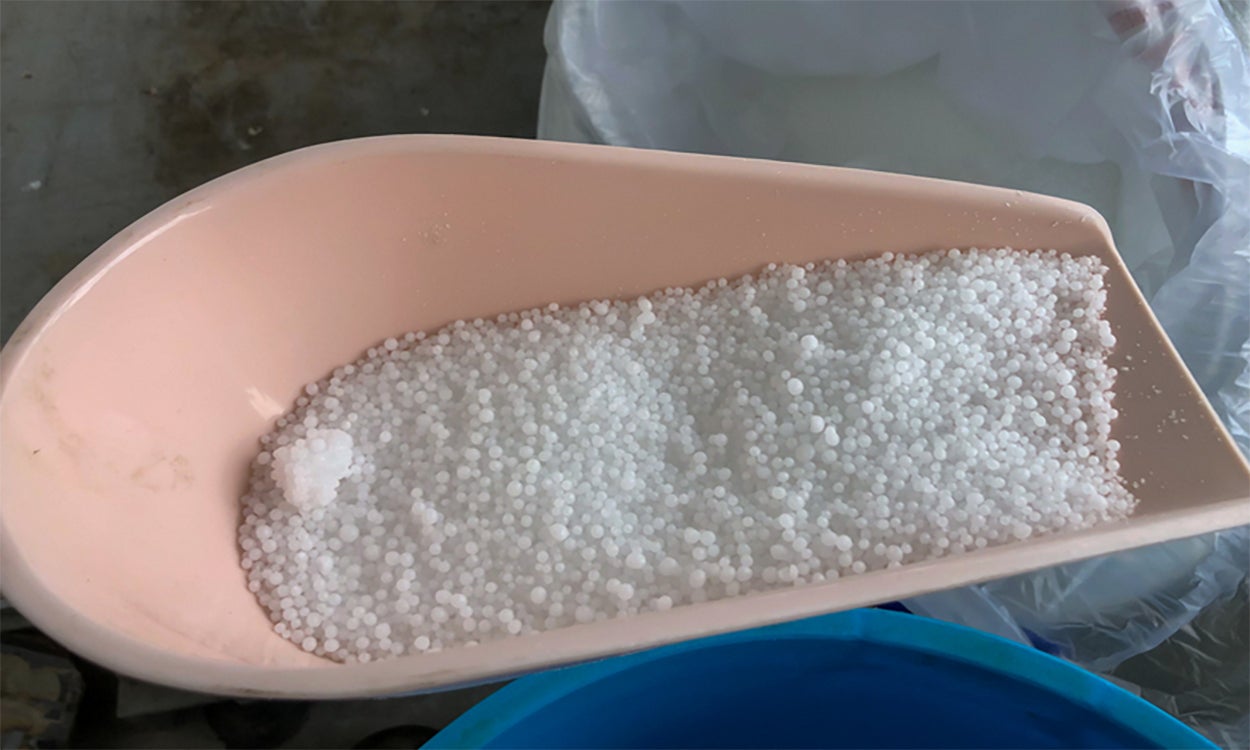
Considerations of Urea Use in Cattle Rations
In beef cattle nutrition, it is important to understand how protein is used along with the various protein sources available for diets. Urea is an example of a non-protein nitrogen source that can be used in diets in certain situations.
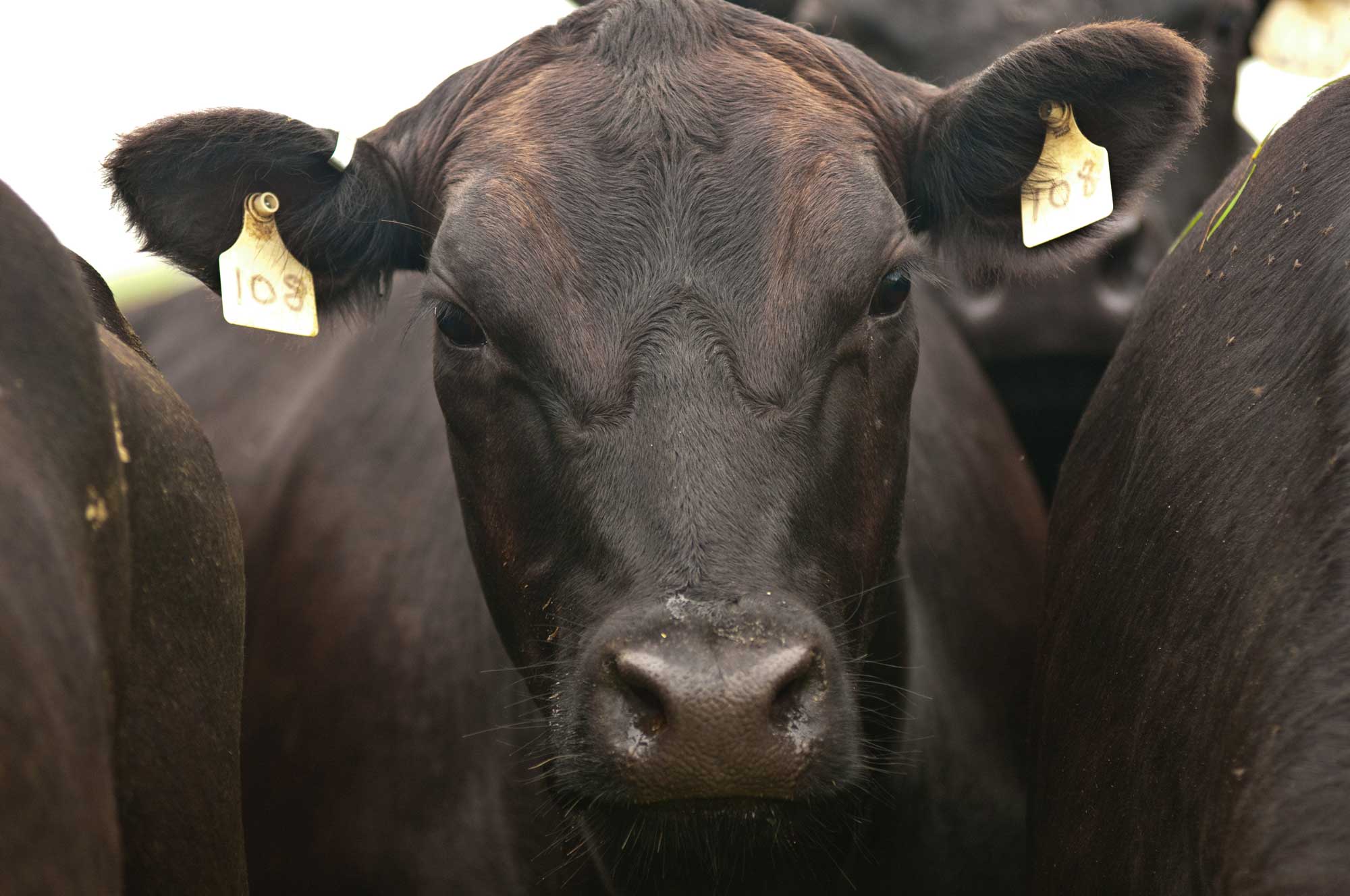
Mineral Consumption: It Matters!
Cattle mineral nutrition is complex and often confusing, but one strategy to help ranchers better evaluate their mineral program is to monitor mineral consumption.
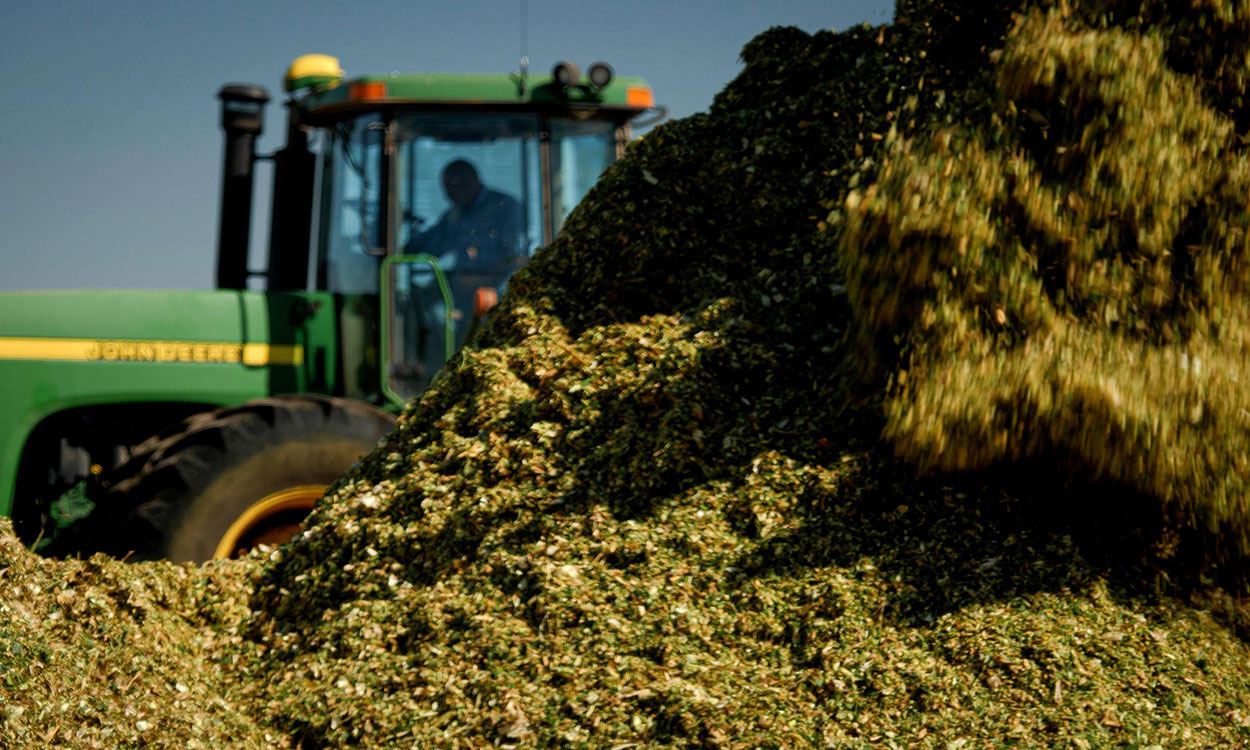
Does Kernel Processing Silage Pay for Growing and Finishing Beef Cattle?
Kernel processing involves passing harvested silage through a set of rollers mounted on the chopper. But does this extra step result in improved efficiency and reduced costs of gain?